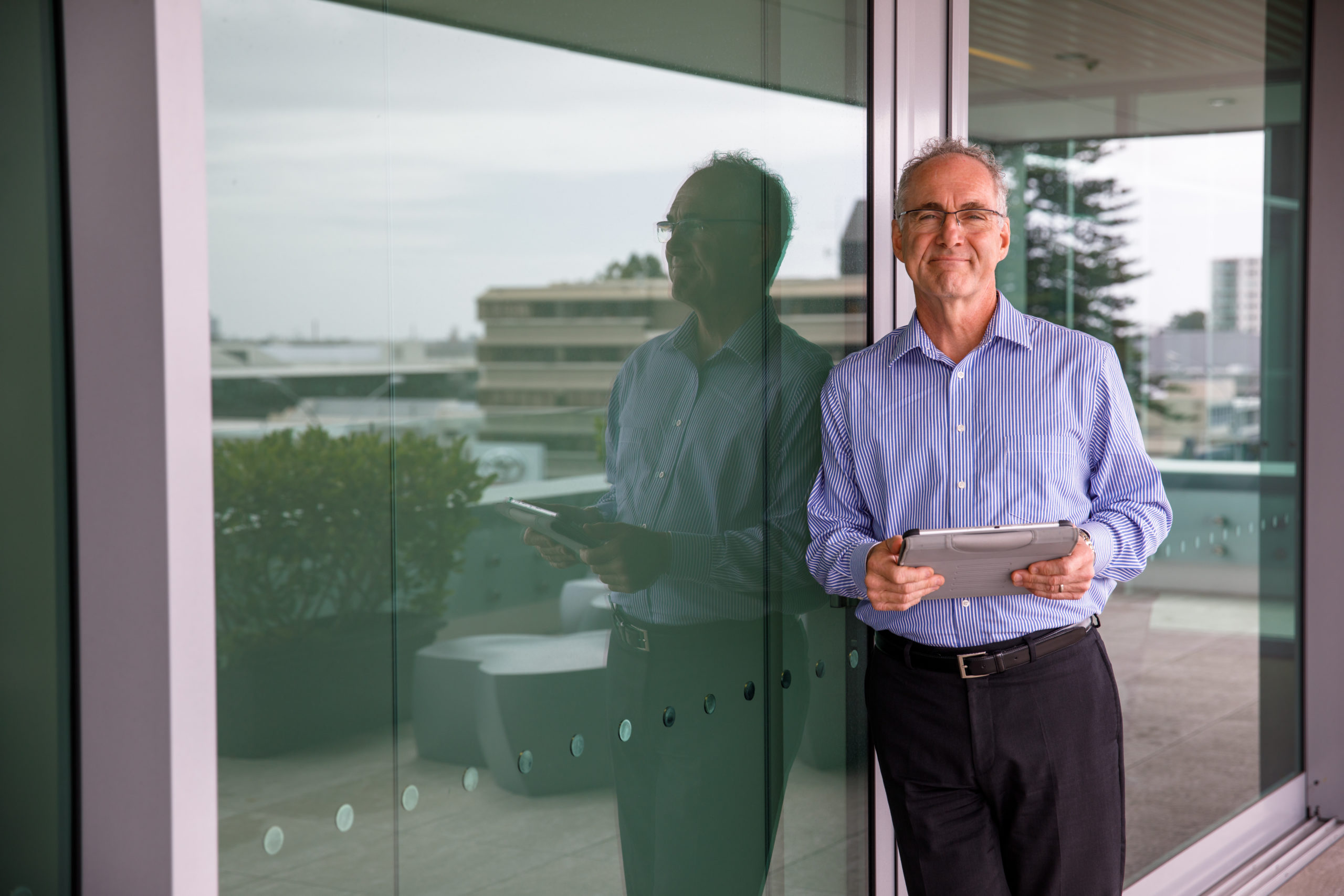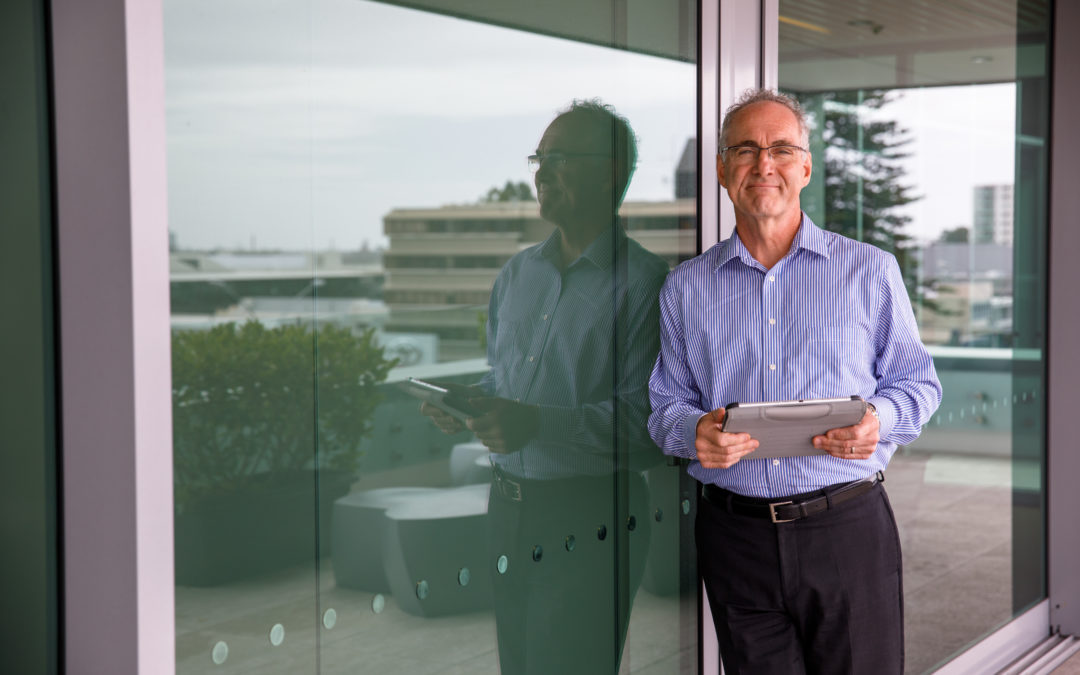
Corporate foundation heavyweights and high net-worth individuals are combining forces with the philanthropic sector and family trusts to invest in innovative solutions to New Zealand’s social and environment problems.
It is the first time the commercial sector has partnered with community trusts and individuals on this scale with the aim of creating positive social change as well as making a profit.
The Purpose Capital Impact Fund (PCIF) has achieved its ‘first close’ target of raising $20m and is now ready to begin investing in projects nationwide. Potential opportunities include regenerative agriculture on dairy farms, urban transportation, green housing, social housing and social improvement through horticulture projects partnering with rural Iwi.
The fund was launched in March 2019 by Bill Murphy, founder of Enterprise Angels. It has already attracted some major investors including the Tindall Foundation, K1W1, WEL Energy Trust, BayTrust, TECT and numerous private individuals and family trusts.
“K1W1 has always been about making a difference in New Zealand”, commented Robbie Tindall of K1W1, “investing through Purpose Capital Impact Fund is another way for us to broaden and deepen our impact throughout the country”.
Murphy says he was inspired by the success of impact investing overseas and felt he was well-placed to introduce the concept here. “I felt very excited and somewhat intimidated by the opportunity to be part of getting it going in New Zealand,” he says. “It’s been a great challenge but the commercial sector are very open to the idea of impact investing. They firmly believe that taking commercial business and investment disciplines and applying those to social and environmental change will yield results.”
The fund will be led by a highly experienced team. Directors include Jon Mayson (former Port of Tauranga CEO and Chair of NZTE and Scales Corporation), Steve Tucker (Gallagher Group Executive Chair), and David McCallum (Director of the investment banking team at Deutsche Craigs).
“Bringing a performance aspect to driving social change is something that we’re all really excited about and using our commercial skills to create more meaning than just more money.”
The challenge now is to find the right projects to begin investing in, Murphy says.
“Given the immaturity of the eco-system for impact investing in New Zealand, we are having to go look for opportunities and help shape those for investment. We can’t simply sit back and wait for things to come to us. We have to be aware of aspirational social and environmental changes out there and engage with them.” The philanthropic sector, and the contacts they have, will be invaluable in this regard, he says.
“They’re also a key partner as additional resources will be required to take that pro-active approach to engagement with really great environmental and social change projects to help bring those to life and make those investable.”
While the fund is now officially active, it will remain open for further investment and is aiming to reach $30m. It will focus predominately across the central North Island but will consider investments outside of this region when the right opportunities exist. “We’ve had very strong investment support to date from the Bay of Plenty and Waikato so it was pleasing to have three Auckland-based funds put the icing on the cake by helping us reach $20m – The Tindall Foundation, K1W1 and The Wilberforce Foundation.”

